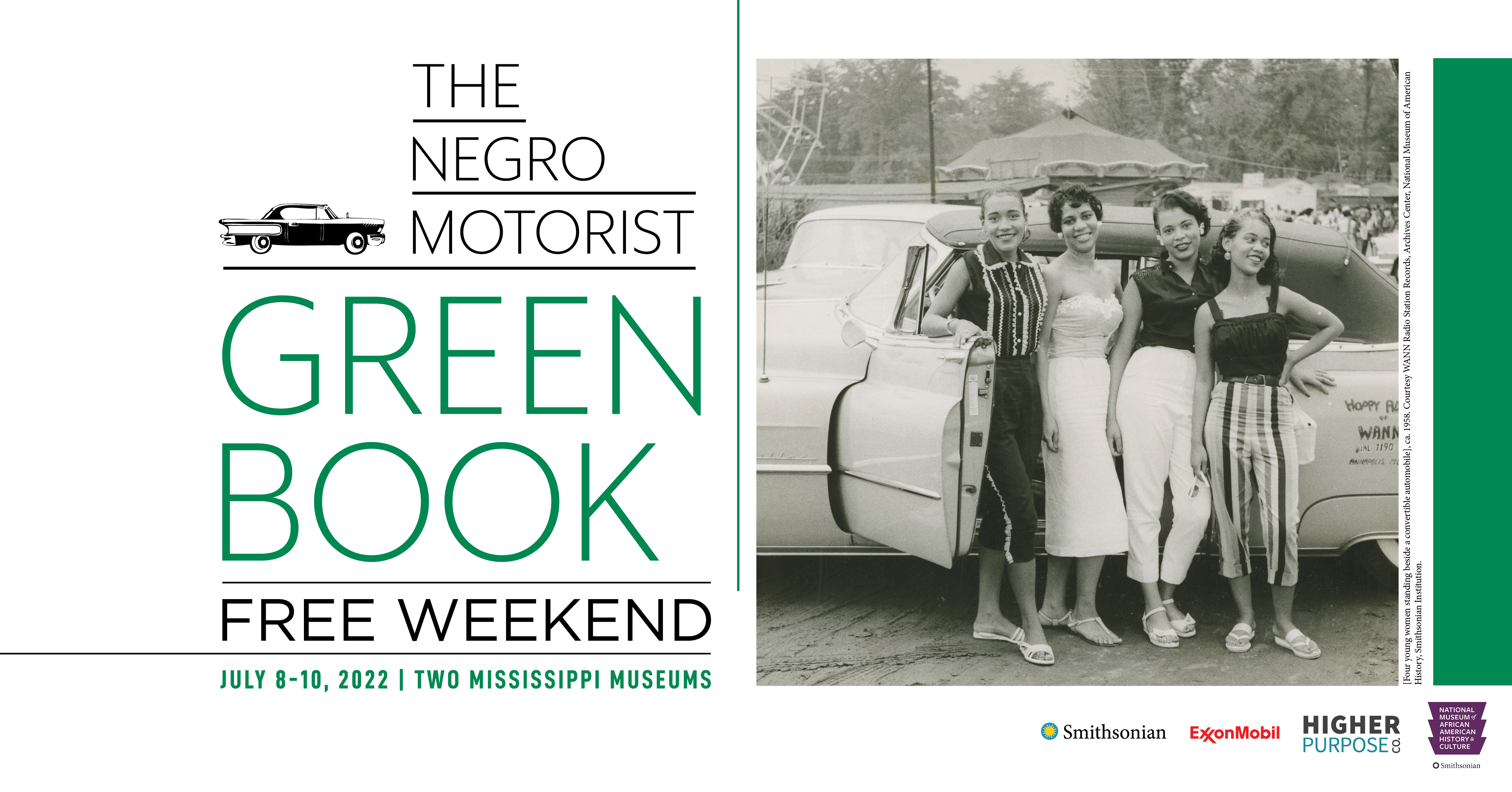The Mississippi Department of Archives and History (MDAH) is accepting grant applications for preservation projects across the state. The 2022 Mississippi Legislature has provided funding for the Community Heritage Preservation Grant Program (CHPG) and the Mississippi Historic Site Preservation Grant Program (MHSPG).
“For over 20 years, the state legislature has offered generous support for CHPG funding, which has aided in the rehabilitation of hundreds of Mississippi's historic courthouses, schools, and other landmark buildings,” said Barry White, director of the Historic Preservation Division at MDAH. “The addition of the Historic Sites Grant Program expands our role in preservation, providing support for the acquisition of significant historic properties. These grants offer incredible opportunities to preserve historic properties, tell their broader stories, and attract new visitors.”
CHPG grants help preserve, restore, rehabilitate, and interpret Mississippi courthouses and schools across the state. In communities that participate in the Certified Local Government (CLG) Program, buildings other than courthouses and schools are also eligible, as long as they are Mississippi Landmarks.
The fifty-six Certified Local Government communities in Mississippi are Aberdeen, Baldwyn, Biloxi, Booneville, Brandon, Canton, Carrollton, Carthage, Claiborne County, Clarksdale, Cleveland, Clinton, Columbia, Columbus, Como, Corinth, Durant, Gautier, Greenville, Greenwood, Hattiesburg, Hazlehurst, Hernando, Holly Springs, Indianola, Jackson, Kosciusko, Laurel, Leland, Lexington, Louisville, McComb, Meridian, Mound Bayou, Mount Olive, Natchez, New Albany, Newton, Ocean Springs, Oxford, Pascagoula, Philadelphia, Port Gibson, Quitman, Raymond, Senatobia, Sharkey County, Starkville, Tunica, Tupelo, Vicksburg, Water Valley, West, West Point, and Woodville, and Yazoo City.
State agencies, county or municipal governments, school districts, and nonprofit organizations granted 501(c)(3) tax-exempt status may submit applications. A cash match of at least twenty percent is required, and grants will be paid on a reimbursable basis upon successful completion of the project.
The Historic Sites Grant Program offers grants for the acquisition of sites related to Civil War battles, Native American archaeology, and civil rights history. Grants, which require a one-to-one match, can be used for land acquisition and property preservation costs. Colleges and universities, historical societies, state agencies, local governments, and 501(c)(3) nonprofit organizations are eligible to apply.
CHPG guidelines and applications may be downloaded from the following link: CHPG Application. HSPG guidelines and applications may be downloaded from the following link: HSPG Application. The deadline to submit completed applications is September 30, 2022. The MDAH Board of Trustees will award the grants at its quarterly meeting in January 2023. For more information call 601-576-6940 or email info@mdah.ms.gov.


 Higher Purpose Co. (HPC) and the National Museum of African American History and Culture are supporting free admission to the Museum of Mississippi History and the Mississippi Civil Rights Museum on Friday, July 8, and Saturday, July 9, in conjunction with the presentation of The Negro Motorist Green Book exhibit. Admission to the Two Mississippi Museums is free every Sunday.
Higher Purpose Co. (HPC) and the National Museum of African American History and Culture are supporting free admission to the Museum of Mississippi History and the Mississippi Civil Rights Museum on Friday, July 8, and Saturday, July 9, in conjunction with the presentation of The Negro Motorist Green Book exhibit. Admission to the Two Mississippi Museums is free every Sunday.